
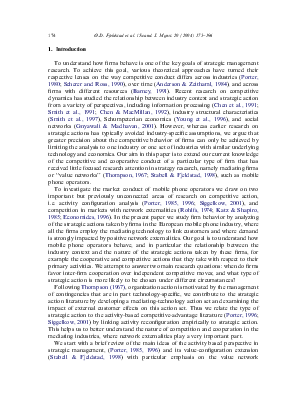
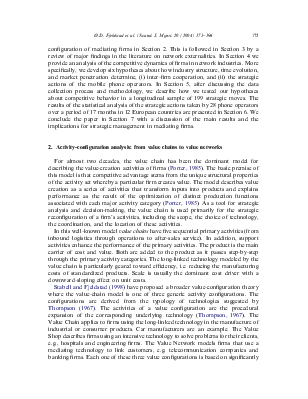
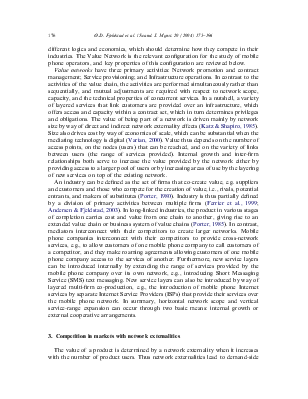
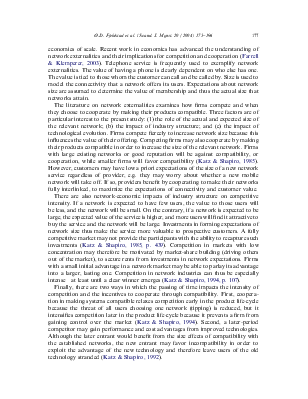
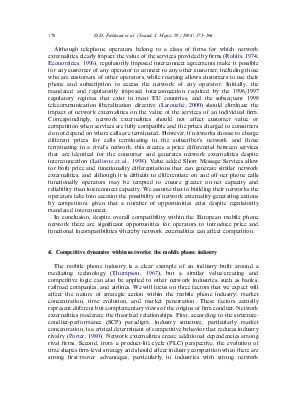
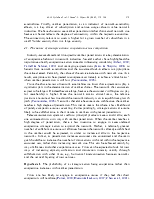
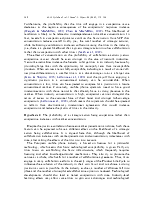
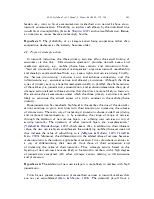
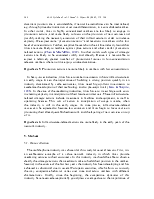
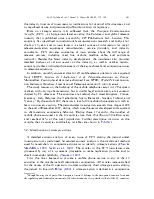
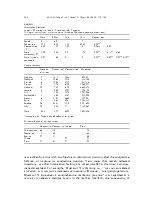
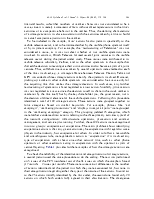
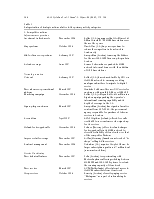
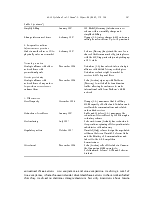
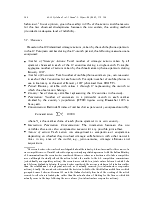
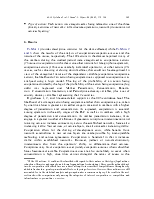
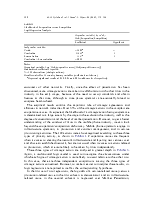
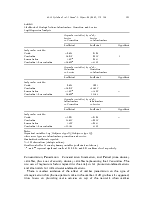
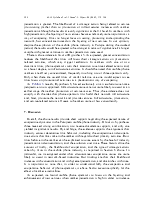
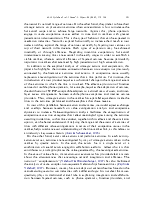
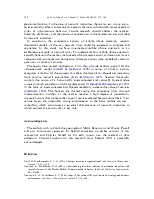
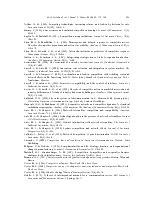
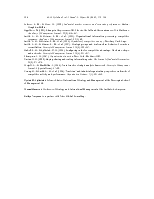
 Scand. J.
Mgmt. 20 (2004) 173–196
Scand. J.
Mgmt. 20 (2004) 173–196 
Strategic action in network industries: an empirical analysis of the European mobile
$ phone industry
Øystein D. Fjeldstada,*, Manuel Becerrab, Sathya Narayananc
a
Department of Strategy, Norwegian School of Management—BI, P.O. Box 580, Sandvika,
N-1310, Norway
b Department of Strategy, Instituto de Empresa, Maria de Molina 12-5P, Madrid 28006, Spain
c
Aster Global Limited, 58-59 Brompton Square, Knightsbridge, London, SW3 2AG, UK
![]()
Abstract
This paper investigates the strategic moves of European mobile phone operators during the early development of the industry. Drawing on the literature on competitive dynamics and markets externalities, we study the strategic actions taken by mediators, i.e., firms based on a mediating technology such as phone operators (Organizations in Action, McGraw-Hill, New York, 1967; Strat. Manage. J. 19(5) (1998) 413). As expected, market penetration, concentration, and time evolution drive the likelihood of inter-firm cooperation and the types of strategic action taken by firms in this network industry. The results confirm the unique characteristics of the value network configuration with regard to how mediators create value, the primary activities that they perform, and the combination of competitive and cooperative conduct in this type of industry. r 2004 Elsevier Ltd. All rights reserved.
Keywords: Network industries; Competitive dynamics; Value-creation analysis
![]()
![]()
$An earlier version of this paper was presented at the 1999 Strategic Management Society Meetings in Berlin, Germany.
*Corresponding author. Tel.: +47-67-55-7264; fax: +47-67-55-7250.
E-mail addresses: oystein.fjeldstad@bi.no (Ø.D. Fjeldstad), manuel.becerra@ie.edu (M. Becerra), sadoo@hotmail.com (S. Narayanan).
0956-5221/$-see front matter r 2004 Elsevier Ltd. All rights reserved.
doi:10.1016/j.scaman.2004.05.007
To understand how firms behave is one of the key goals of strategic management research. To achieve this goal, various theoretical approaches have turned their respective lenses on the way competitive conduct differs across industries (Porter, 1980; Scherer and Ross, 1990), over time (Anderson & Zeithaml, 1984), and across firms with different resources (Barney, 1991). Recent research on competitive dynamics has studied the relationship between industry context and strategic action from a variety of perspectives, including information processing (Chen et al., 1991; Smith et al., 1991; Chen & MacMillan, 1992), industry structural characteristics (Smith et al., 1997), Schumpeterian economics (Young et al., 1996), and social networks (Gnyawali & Madhavan, 2001). However, whereas earlier research on strategic actions has typically avoided industry-specific assumptions, we argue that greater precision about the competitive behavior of firms can only be achieved by limiting the analysis to one industry or one set of industries with similar underlying technology and economics. Our aim in this paper is to extend our current knowledge of the competitive and cooperative conduct of a particular type of firm that has received little focused research attention in strategy research, namely mediating firms or ‘‘value networks’’ (Thompson, 1967; Stabell & Fjeldstad, 1998), such as mobile phone operators.
To investigate the market conduct of mobile phone operators we draw on two important but previously unconnected areas of research on competitive action, i.e. activity configuration analysis (Porter, 1985, 1996; Siggelkow, 2001), and competition in markets with network externalities (Rohlfs, 1974; Katz & Shapiro, 1985; Economides, 1996). In the present paper we study firm behavior by analyzing of the strategic actions taken by firms in the European mobile phone industry, where all the firms employ the mediating technology to link customers and where demand is strongly impacted by positive network externalities. Our goal is to understand how mobile phone operators behave, and in particular the relationship between the industry context and the nature of the strategic actions taken by these firms, for example the cooperative and competitive actions that they take with respect to their primary activities. We attempt to answer two main research questions: when do firms favor inter-firm cooperation over independent competitive moves; and what type of strategic action is more likely to be chosen under different circumstances?
Following Thompson (1967), organization action is motivated by the management of contingencies that are in part technology-specific, we contribute to the strategic action literature by developing a mediating-technology action set and examining the impact of external customer effects on this action set. Thus we relate the type of strategic action to the activity-based competitive-advantage literature (Porter, 1996; Siggelkow, 2001) by linking activity reconfiguration empirically to strategic action. This helps us to better understand the nature of competition and cooperation in the mediating industries, where network externalities play a very important part.
Уважаемый посетитель!
Чтобы распечатать файл, скачайте его (в формате Word).
Ссылка на скачивание - внизу страницы.